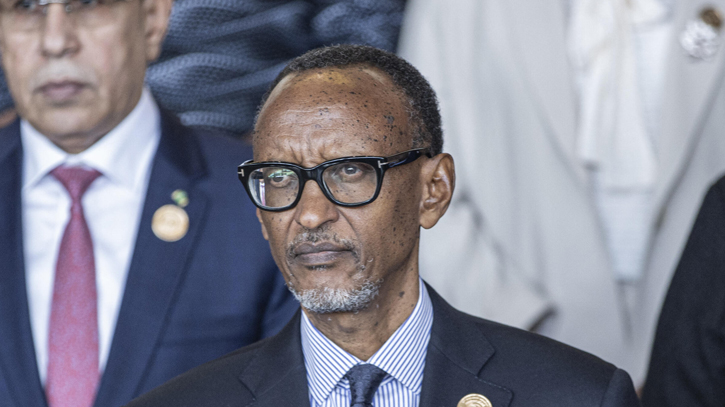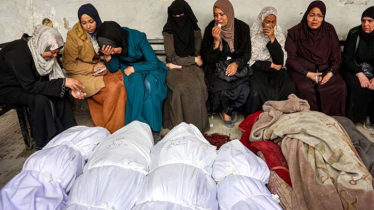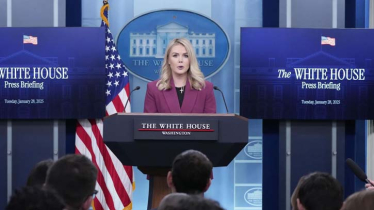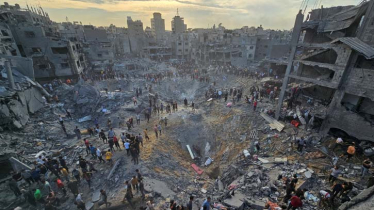
Photo: Collected
Campaigning opened Saturday (22 June) for Rwanda's July 15 presidential election with President Paul Kagame widely expected to extend his 24-year iron-fisted rule over the Great Lakes nation.
Nine million Rwandans are registered to vote in the vote to be held concurrently with legislative elections -- a first in the country.
The polls come three decades after the genocide which claimed some 800,000 lives.
The de facto ruler of Rwanda since the end of the 1994 genocide and president since 2000, Kagame will face the same rivals as he did in 2017: the leader of the opposition Democratic Green Party, Frank Habineza, and former journalist, Philippe Mpayimana, who is running as an independent.
Rwandan courts rejected appeals from prominent opposition figures Bernard Ntaganda and Victoire Ingabire to remove previous convictions that effectively barred them from contesting.
The election commission also barred Kagame critic Diane Rwigara, saying she had failed to provide a criminal record statement as required, and had not met the threshold of acquiring 600 supporting signatures from citizens.
Rwigara is the daughter of industrialist Assinapol Rwigara, a former major donor to Kagame's ruling Rwandan Patriotic Front party before he fell out with its leaders.
Elected by parliament in 2000 after the resignation of former president Pasteur Bizimungu, Kagame has won three elections with more than 90 percent of the ballot in 2003, 2010 and 2017, taking home nearly 99 percent of votes in the most recent poll.
The 66-year-old politician has been praised for Rwanda's economic recovery after the genocide but faces criticism over rights abuses and stifling opposition.
Kagame presided over controversial constitution amendments allowing him to potentially rule until 2034.
These shortened presidential terms from seven to five years and reset the clock for Kagame, allowing him to rule in a transitional capacity from 2017 to 2024 and then for two five-year terms until 2034.
The legislative elections will feature more than 500 candidates, with voters electing 53 out of 80 lawmakers.
The 27 remaining seats in the parliament are reserved for independent candidates including 24 women, two young representatives and one disabled person.
Currently Kagame's party and its allies hold 49 of the 53 seats in the lower house.
Opposition challenger Habineza's Democratic Green Party has two seats, as does the Social Party Imberakuri.
The women lawmakers are elected by municipal and regional councillors, the youth representatives by the National Youth Council and the disabled candidate chosen by the Federation of Associations of the Disabled.
Messenger/Disha








